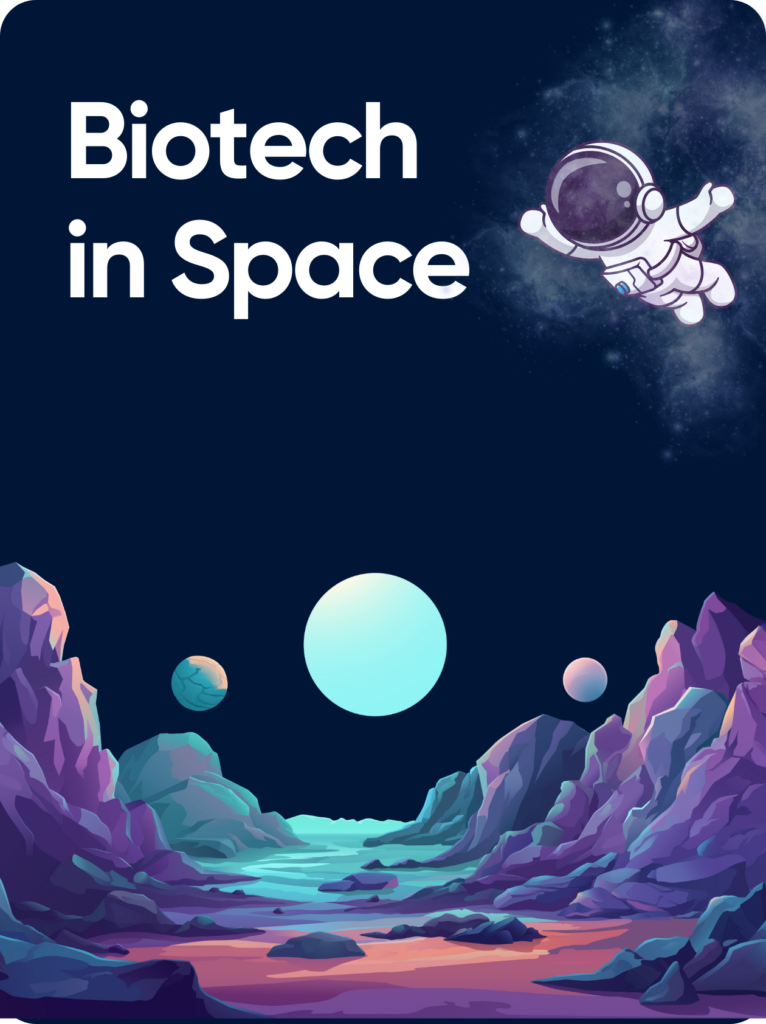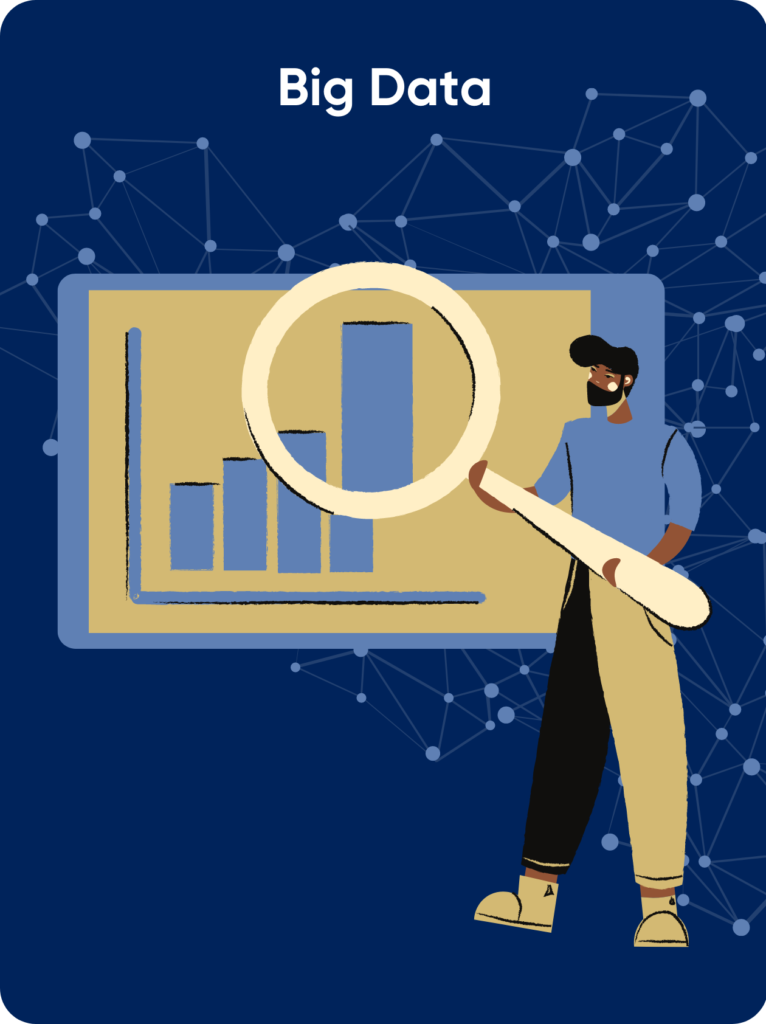
03/10/2023
Biotechnology
As humankind’s thirst for knowledge and exploration expands beyond our planet, the intersection of biotechnology and space exploration becomes more pronounced. Biotechnology offers innovative solutions and insights that are indispensable in understanding the mysteries of the cosmos, especially as we venture further into space.
Historically, our quest for understanding has been confined to Earth’s boundaries. However, as the horizons of our curiosity extend to outer space, the challenges multiply. These challenges are not only technological or astronomical but biological in nature as well. This is where biotechnology, the study and manipulation of living organisms, becomes crucial.
For instance, one of the key challenges of prolonged space missions is the health and well-being of astronauts. With microgravity conditions affecting bone density, muscle mass, and even eyesight, biotechnological innovations can offer countermeasures or treatments. Moreover, as we contemplate long-term settlements on planets like Mars, biotechnology can provide insights into terraforming techniques or ways to cultivate crops in alien soils.
Beyond human well-being, biotechnology can also aid in our search for extraterrestrial life. By understanding life’s extremities on Earth, from deep-sea vents to polar ice caps, we gain insights into the potential forms and characteristics of life that might exist elsewhere in our universe.
Furthermore, biotechnological advancements can assist in creating sustainable ecosystems on space stations or future extraterrestrial colonies, ensuring the recycling of waste and production of essential resources like oxygen and food.
In essence, as our ambitions in space grow, biotechnology will increasingly become our ally, offering solutions that bridge the gap between the known and the unknown, making the vast expanse of space a little more comprehensible and navigable.
Understanding the Confluence of Biotech and Space Exploration
Space Exploration is not just about rockets and spacecraft; it’s about understanding potential life forms, the sustainability of human life in extraterrestrial environments, and the mysteries of astrobiology. Here’s where biotechnology comes into play:
- Astrobiology and the Search for Extraterrestrial Life: Biotech plays a pivotal role in our quest to discover life beyond Earth. By examining the extremophiles on our planet— organisms that thrive in extreme conditions- we can hypothesize about potential life forms that might exist in the seemingly inhospitable realms of other planets or moons
- Sustainable Life in Space: If we’re to contemplate long-term space missions or colonization of other celestial bodies, we need biotechnological solutions. Concepts like growing food in space using hydroponics or understanding how human biology adapts in microgravity are all biotechnological challenges.
- Deciphering Cosmic Phenomena with Biotech Tools: The role of biotech isn’t confined just to life forms. It assists in understanding cosmic phenomena. For instance, studying the effects of cosmic radiation on biological specimens gives us insights into space’s challenges.
India’s Astronomical Triumphs: Charting New Frontiers in Space
India, a rising star in space exploration, has contributed significantly to our understanding of space. After its commendable lunar exploration feats, India showcased its prowess with the successful launch of its first dedicated solar observatory, Aditya-L1. Launched from the Satish Dhawan Space Centre, Sriharikota, on September 2nd via the Polar Satellite Launch Vehicle (PSLV-C57), it’s a testament to India’s growing capabilities and ambitions in space exploration. Such missions bolster global efforts in decoding the universe and offer valuable data that can be analyzed using biotechnological tools.
The Imperative of Expertise in Cosmic Initiatives
The exploration of space, with its vast expanse and myriad mysteries, is undoubtedly one of the most challenging endeavors humans have ever undertaken. It requires not only technological prowess and an understanding of astrophysics but a multidisciplinary approach that incorporates expertise from various scientific realms. Among these, biotechnology emerges as a significant contributor, ensuring that our interstellar quests are holistic and well-informed.
Interdisciplinary Synergy: A Requirement for Space Exploration
Space missions are complex puzzles, comprised of numerous pieces, each as critical as the next. While aerospace engineers craft the vessels that journey into the great unknown, biotechnologists equip these missions with insights into how life might sustain and thrive beyond our blue planet. This synergy is essential. For instance, while we might develop the technology to land on Mars, understanding how to cultivate food on the Red Planet or tackle the physiological challenges astronauts might face requires a deep dive into biotechnological research.
The Biotechnological Facet of Space Missions
Why is biotechnology so crucial to space exploration? Here are a few reasons:
- Astrobiology: This branch of science seeks to understand the origins, evolution, and possibility of life elsewhere in the universe. Biotechnologists delve into the extremities of life on Earth, studying organisms that thrive in the harshest of conditions. This provides clues about what life – if it exists – on other planets or celestial bodies might look like.
- Human Spaceflight: Prolonged space travel poses unique challenges to human health, from bone density loss in microgravity environments to potential radiation exposure. Biotechnology helps in developing countermeasures, ensuring astronauts remain healthy.
- Extraterrestrial Colonization: If humans are to establish colonies on other planets, we’ll need biotechnological expertise to harness resources effectively. This might involve genetically engineering plants to grow in Martian soil or developing microbes that can extract essential minerals from alien terrains.








